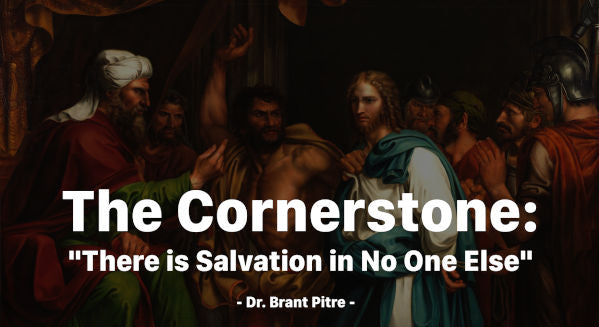Lots to explore Pleasure possession of another’s property and Pride. Most important lesson taught that we can do more than fast and abstain. Prayer and Almsgiving so important!!
The presentation is clear, full of new information and to the point.
hey guys keep up the good work. the content you prpvide cant be found anywhere else so is greatly appriciated
Great explaination!






